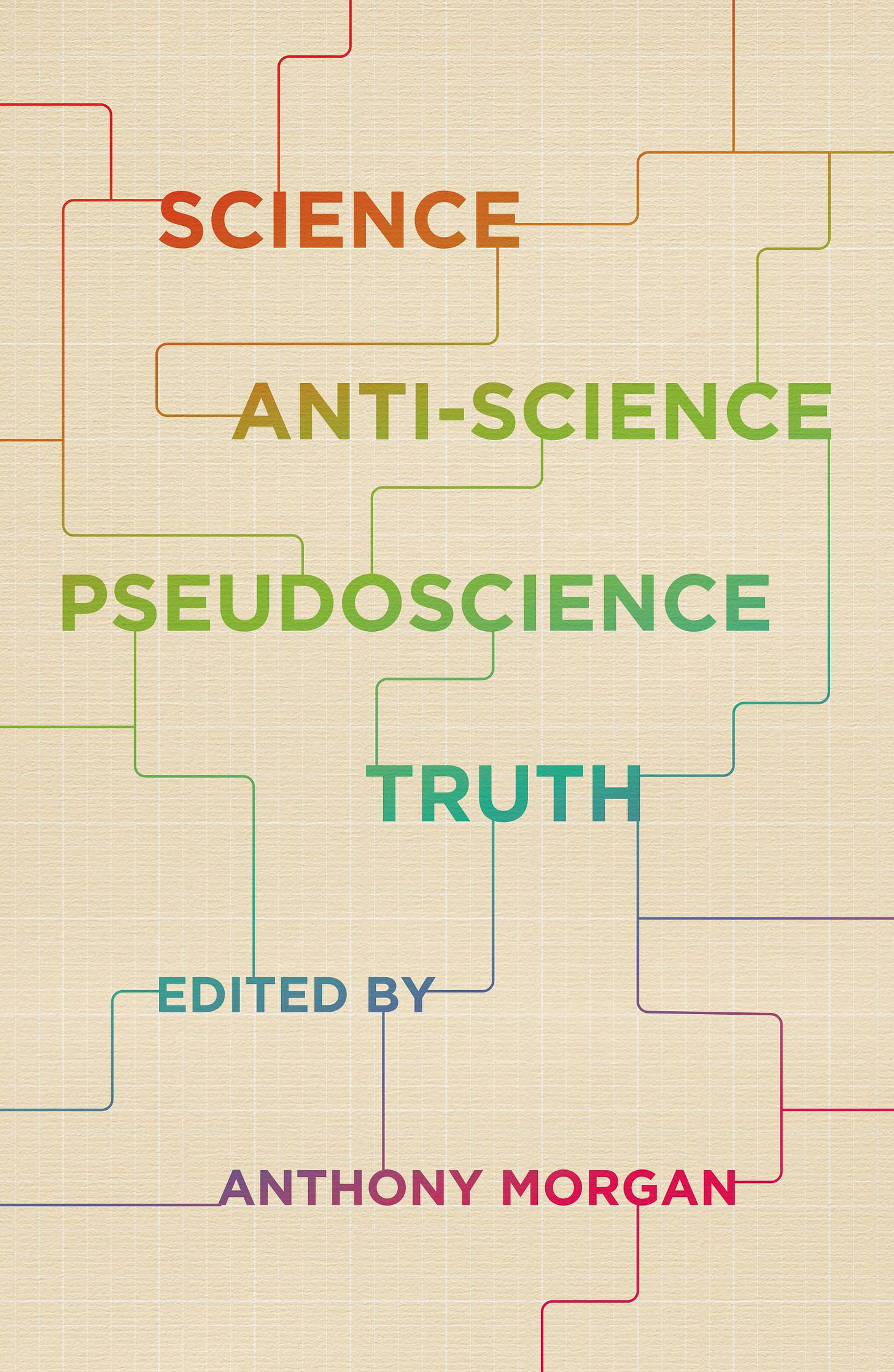"Science, Anti-Science, Pseudoscience, Truth"
Our new edited collection is available for pre-order with a 20% discount!
Having received some funding last year from the Royal Institution to put on a series of events to discuss science and pseudoscience, we are delighted to announce that the publication emerging from those events is now available for pre-order (with a 20% discount). An overview of the book, the contents, and the cover can all be found below:
Science, Anti-Science, Pseudoscience, Truth
Edited by Anthony Morgan
There are many good reasons to trust science, with the pandemic being just the latest example of scientists delivering on the innovation, technology, and medicine for which they are richly funded. Yet, at the same time, the status of scientific knowledge has become more contested and politicised than ever, with anti-scientific and pseudoscientific stances emerging in relation to climate change, vaccines, race, gender, and much more. The first half of the volume looks at some of the key questions in the new philosophy of science, while the second half looks at topics like vaccines, the gender wars, and Critical Race Theory, where science and politics meet in highly contested ways.
The conversations address a wide range of questions, including:
Does science claim to be offering us truth or mere reliability?
What is the role of facts in resolving our increasingly extreme ideological conflicts?
If we are to defer to the experts to help us navigate an uncertain world, how do we decide which ones to trust?
If what we historically took to be good science turned into pseudoscience, and vice versa, why should we assume that this situation will not continue into the future?
Is trust in science to be thought of primarily in epistemic terms, or it is just as much a moral, administrative, and affective matter?
If parts of science are widely understood to suffer from bad methodology, profiteering interests, and status-seeking, why trust science?
If scientific truth can only be accessed by a tiny minority of experts, what is the relationship between science and democracy?
Is intellectual independence possible when a meaningful understanding of most areas of life is well beyond the reach of even the educated layperson?
You can pre-order the book with a 20% discount here.
CONTENTS:
Part I: Philosophy of Science Today
1. When is a Fact a Fact?
Peter Vickers with Jana Bacevic
2. Truth, Reliability, and the Tangle of Science
Ann C. Thresher with Peter Vickers
3. Pseudoscience after Feyerabend
Chiara Ambrosio and Ian James Kidd
4. Physics is Not an Exception
Chanda Prescod-Weinstein with Adam Ferner
5. Trust, Expertise, and Hostile Epistemology
C. Thi Nguyen with Johnny Brennan
Part II: The Politics of Truth
6. The Force of Scientific Authority
Nima Bassiri with Amogh Sahu
7. Vaccine Hesitancy and Trust
Maya J. Goldenberg with Alexis Papazoglou
8. Extremism and the Allure of Science
Tracy Llanera and Louise Richardson-Self with Anthony Morgan
9. Critical Race Theory, Science, and Pseudoscience
Victor Ray and Sam Hoadley-Brill with Jana Bacevic
10. Ideology and Political Belief
Jason Blakely and Oliver Traldi with Anthony Morgan





“There are many good reasons to trust science, with the pandemic being just the latest example of scientists delivering on the innovation, technology, and medicine for which they are richly funded.”
Jesus H Christ.. you witnessed a completely different scamdemic than me and pretty much everyone I talk too.
It has just been revealed in Germany through FOI(and they had to go to court as the ‘science’ was desperate to hide the truth) that RKI was following the power grabbing government and not the other way round. It seems, and I’d bet the farm this was happening in every country, even governments weren’t “trusting the science”(as much as they tried to brainwash the public with that little catchphrase), turns out science(in this case RKI) was putting out information the government wanted spread through the public.
What chapter of the book is that in, and for my information.. does that come under disinformation, misinformation, pseudoscience, or criminal activity???
Thanks for this. Bad epistemology is arguably an even more serious problem than exclusionary ethics - although often they feed each other and feed off each other.
Tragically one of the most egregiously harmful pieces of misinformation and disinformation is also the most widely accepted. It is therefore rarely examined even by those concerned with promoting good epistemology - it almost never comes up as an example, because most of us want to keep believing it. It is that animal agriculture is or can be "humane" (meaning being treated with kindness and compassion) and "sustainable".